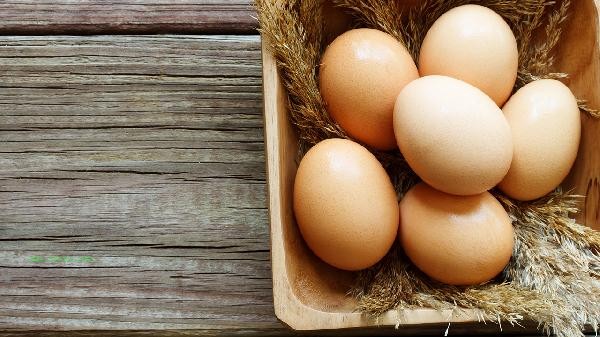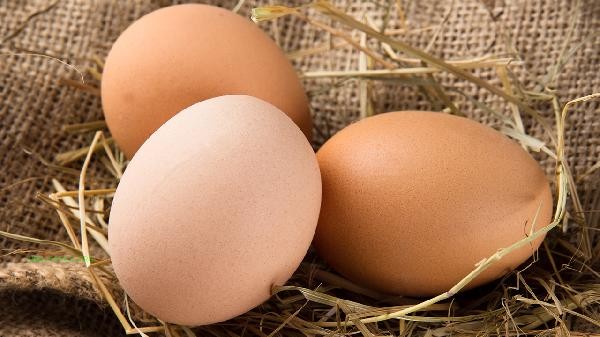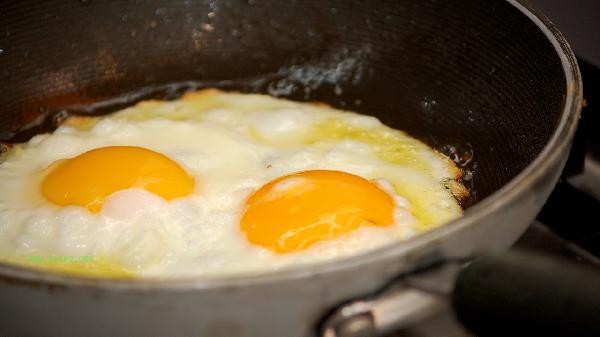People who are trying to lose weight can eat eggs in moderation at night. Eggs are rich in high-quality protein and essential amino acids, which can provide a sense of satiety without significantly increasing calorie intake. The main influencing factors include protein absorption efficiency, cooking methods, individual metabolic differences, daily calorie balance, and food combinations.

1. Protein absorption efficiency:
The protein digestion and absorption rate of eggs is over 90%, and nighttime intake can delay gastric emptying rate. The thermal effect of protein can increase energy expenditure by 15% -30% after eating, which helps reduce fat accumulation during sleep. It is recommended to choose boiled or steamed eggs to avoid adding oil.
2. Cooking method influence:
Fried eggs can absorb more than 10 grams of oil and have 50% more calories than boiled eggs. It is recommended to use oil-free cooking. A single boiled egg contains only 70 calories, and when paired with 200 grams of blanched vegetables, it can form a low calorie and high fiber combination. Tea egg are not recommended to be eaten at night due to high sodium content.
3. Individual metabolic differences:

Individuals with high basal metabolic rates are less likely to convert protein into fat three hours before bedtime. For insulin sensitive individuals, it is recommended to use half a cucumber to delay blood sugar fluctuations. Individuals with gallbladder disease or hypercholesterolemia should control their egg yolk intake and not exceed 4 whole eggs per week.
4. Whole day calorie balance:
The total calorie intake for dinner should be controlled within the range of 300-400 calories, with a single egg accounting for about 20% of that calorie intake. If you have already consumed a large amount of animal protein during the day, you can use chicken protein instead of whole eggs at night, retaining 3 proteins that contain only 36 calories and about 12 grams of pure protein.
5. Type of food pairing:
Avoid eating high GI carbohydrates with them. The ideal combination is eggs, broccoli, and mushrooms. Dietary fiber can reduce cholesterol absorption rate, while mushroom polysaccharides can enhance protein utilization. Lactose intolerant individuals can use eggs as a substitute for evening dairy intake.

Egg intake at night should be accompanied by a full day dietary plan, and it is better for fitness enthusiasts to supplement within 2 hours after exercise. Suggest arranging 3-4 evening egg meals per week, with no more than 2 whole eggs per meal. Long term execution requires monitoring of blood lipid indicators, and the effect is more significant when combined with 30 minutes of aerobic exercise per day. Pay attention to observing the changes in fasting weight in the morning. If edema occurs, investigate the possibility of excessive sodium intake. Special populations such as pregnant women and kidney disease patients should adjust their intake under the guidance of nutritionists.




Comments (0)
Leave a Comment
No comments yet
Be the first to share your thoughts!